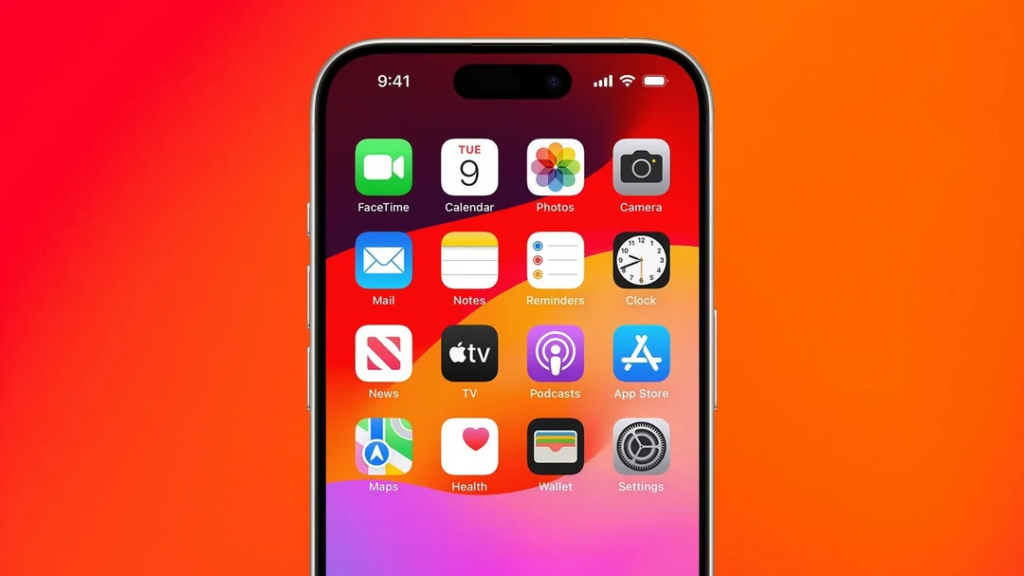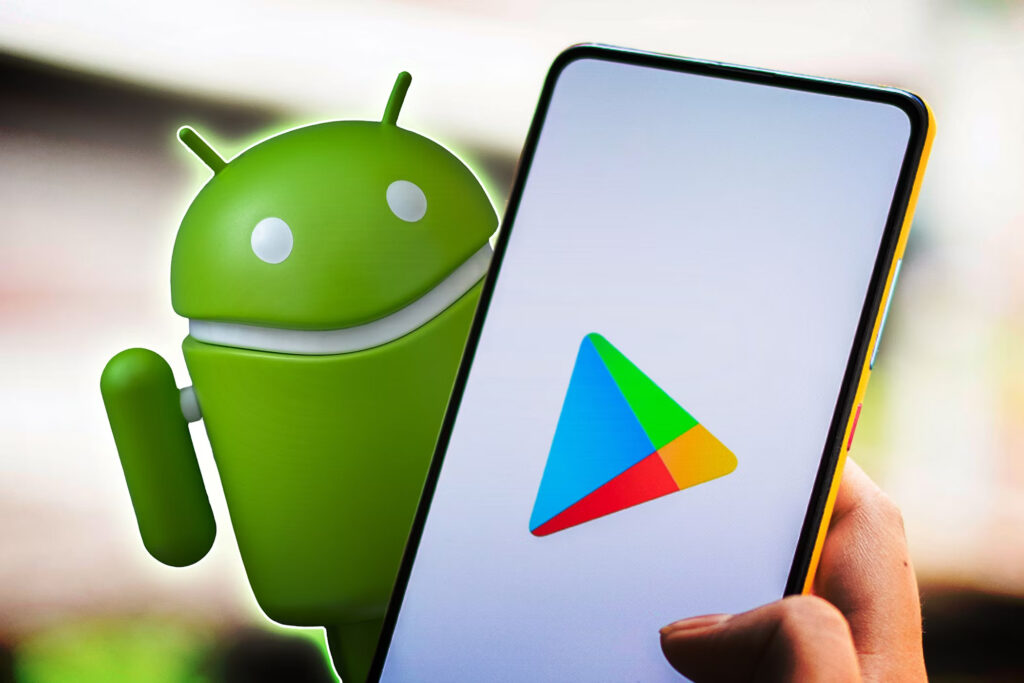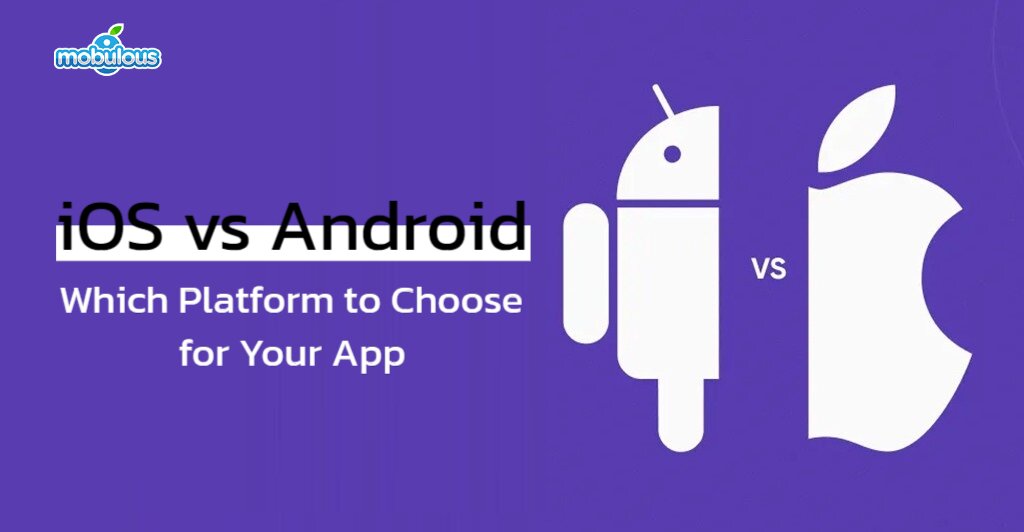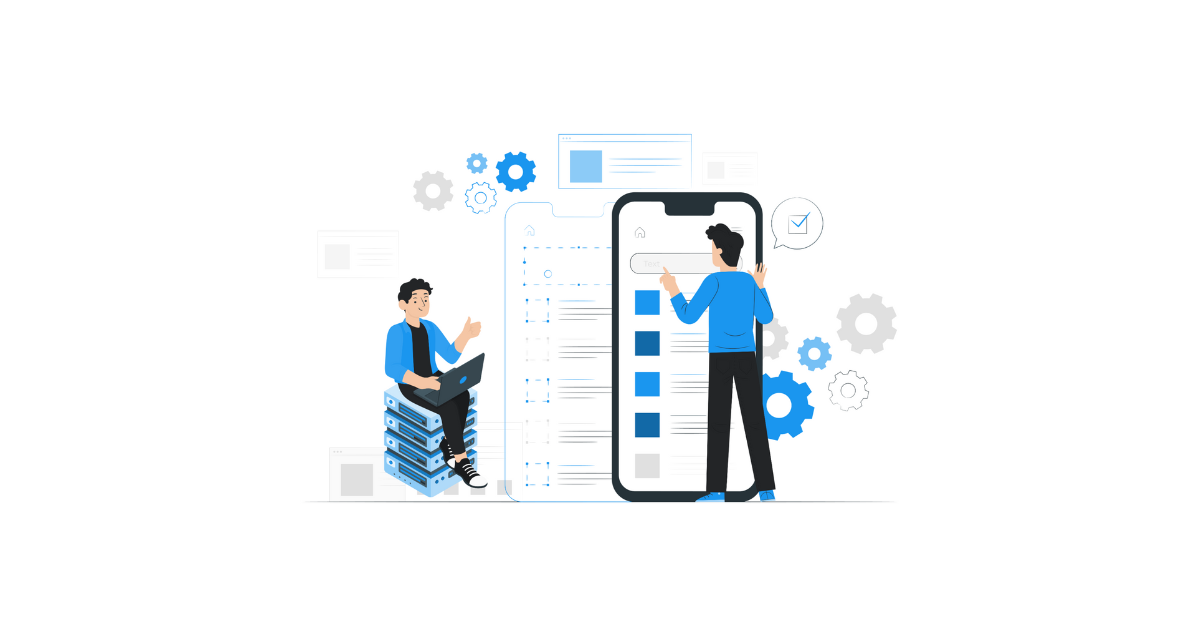One of the most critical decisions in the fast-changing mobile technology has to be faced by businesses and developers. Choosing the right platform for the application. There are two dominant platforms—iOS and Android. Both have their specific advantages and challenges. Knowing the differences between these platforms is critical in choosing to align with your business goals and technical capabilities. The article covers how to develop apps on iOS and Android, focusing on their pros and cons and outlining significant differences to help you decide which platform best suits your needs.
What is iOS App Development?
iOS app development involves creating applications for Apple’s mobile operating system, iOS, which powers devices like the iPhone, iPad, and iPod Touch. Developed using Swift or Objective-C programming languages, iOS apps are distributed exclusively through the Apple App Store. An iOS app development company focuses on delivering high-quality, secure, and performance-optimized applications that adhere to Apple’s strict guidelines and standards.

Benefits of iOS App Development
- High-Quality User Experience: iOS apps are renowned for their superior user experience, characterized by smooth performance, intuitive interfaces, and seamless integration with Apple hardware and services.
- Robust Security: Apple highly emphasizes security, ensuring iOS apps protect against malware and data breaches.
- Monetization Opportunities: iOS users tend to spend more on apps and in-app purchases, offering better monetization prospects for developers and businesses.
- Loyal User Base: Apple has a dedicated and loyal user base, which can translate to higher customer retention and engagement rates.
Cons of iOS App Development
- Strict App Store Guidelines: Apple’s rigorous app review process can delay app launches and require multiple iterations to meet their standards.
- Limited Customization: iOS offers less customization flexibility than Android, potentially limiting specific design and functionality aspects.
- Higher Development Costs: Developing iOS can be more expensive due to the need for specialized skills, Apple developer accounts, and hardware costs.
What is Android App Development?
Android app development involves creating applications for Google’s Android operating system, which powers a vast array of devices from various manufacturers. Developed using Java or Kotlin programming languages, Android apps are distributed through the Google Play Store and other third-party app stores. An Android app development company focuses on leveraging the open-source nature of Android to create versatile and customizable applications.
Get some important information when you select Android app development: Understanding the Basics of Android App Development

Benefits of Android App Development
- Wider Market Reach: Android holds a larger global market share, providing access to a broader audience and a diverse range of devices.
- Open-Source Flexibility: Android’s open-source nature allows for extensive customization and innovation, enabling developers to create unique and tailored app experiences.
- More straightforward App Approval Process: The Google Play Store has a less stringent app review process, allowing quicker app releases and updates.
- Lower Entry Barriers: Android development can be more cost-effective, with lower initial investment requirements and a wide range of development tools available.
Cons of Android App Development
- Fragmentation: The diversity of Android devices can lead to compatibility issues and increased testing efforts to ensure consistent performance across all models.
- Security Concerns: Android’s open nature can make it more vulnerable to malware and security threats, requiring vigilant security practices.
- Lower Monetization Potential: While Android has a more extensive user base, iOS users tend to spend more on apps, which can affect revenue generation for developers.
Differences Between Android and iOS Development
Development Environment and Tools
- iOS: Development is primarily done using Xcode, Apple’s integrated development environment (IDE), which offers a comprehensive suite of tools for designing, coding, testing, and debugging. Swift and Objective-C are the primary languages used.
- Android: Development typically occurs in Android Studio, Google’s official IDE, which supports Java and Kotlin. Android Studio offers robust tools for layout design, code editing, and performance analysis.
Design and User Interface
- iOS: Apple’s Human Interface Guidelines emphasize a clean, minimalist design focusing on clarity, depth, and intuitive interactions. Consistency across apps is a key priority.
- Android: Google’s Material Design principles encourage bold, colorful, and flexible design elements, allowing for greater creativity and customization. However, this can lead to less consistency across different apps.
App Distribution and Monetization
- iOS: Apps are distributed exclusively through the Apple App Store, which has a rigorous review process to ensure quality and security. Monetization options include paid apps, in-app purchases, and subscriptions, with a tendency for higher user spending.
- Android: Apps can be distributed through the Google Play Store and other third-party stores, offering greater flexibility. The Google Play Store’s lower barriers to entry facilitate wider distribution, but monetization can be more challenging due to lower user spending.
Market Demographics
- iOS: iOS users are often seen as more affluent and willing to spend on premium apps and services. The platform is robust in North America, Western Europe, and developed markets.
- Android: Android’s extensive reach covers various demographics, including emerging markets. This diversity can provide opportunities for apps targeting specific regions or user segments.
Conclusion
Choosing between iOS and Android for app development involves carefully considering various factors, including market reach, development costs, user demographics, and monetization potential. An iOS app development company can offer a streamlined, secure, high-quality user experience with better monetization prospects. In contrast, an Android app development company can leverage the platform’s flexibility, wider audience, and lower entry barriers. Ultimately, the decision should align with your business objectives, target audience, and long-term strategy. By understanding each platform’s unique benefits and challenges, you can make an informed choice that maximizes the success of your mobile app.



